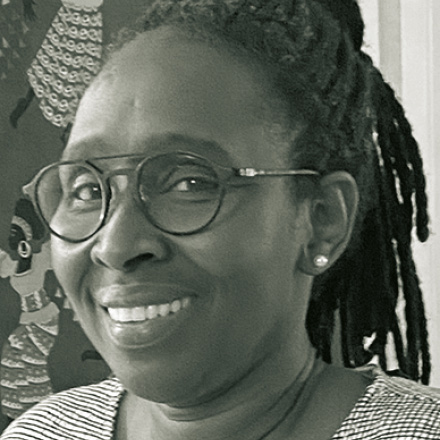Women’s rights
International pressure for reform
By Katja Dombrowski

If a woman in El Salvador has an abortion or even experiences a miscarriage, she can expect a prison sentence of up to eight years. The same goes for anyone who performs or assists in an abortion. An intentional termination of pregnancy is punishable by up to 40 years in prison.
The strict law does not completely prevent abortions in this Central American country though. These clandestine abortions are associated not only with legal risks, but also with health consequences for the women involved. The human-rights organisation Amnesty International notes: “Health risks through unsafe and secret abortions lead to a high maternal mortality rate.”
Now, for the first time in 20 years, there is chance that Article 133 governing abortion in the Salvadoran criminal code will be reformed. On 11 October 2016, Lorena Pena, the head of parliament, and representatives of the ruling party FMLN presented a proposal to reform Article 133, whereby punishment for abortions would be eliminated in the case of rape, danger to the life of the mother and unviability of the foetus.
The debate in parliament is pending. The proponents of the reform want to regain the right to abortion on certain grounds, as was the case in El Salvador until the toughening of the law in 1998. One famous proponent of the reform is the filmmaker Marcela Zamora (see main article).
In a recommendation on 3 March, the UN Convention on the Elimination of All Forms of Discrimination Against Women (CEDAW) called for El Salvador to relax the law and proposes a moratorium until then. Amnesty International also supports the reform initiative and has called for a worldwide “Urgent Action” of sending appeals to the lawmakers. This will be possible until 21 July. There is also a petition by the Alianza por la Salud y la Vida de las Mujeres (Alliance for the Health and Well-Being of Women) on Change.org.














